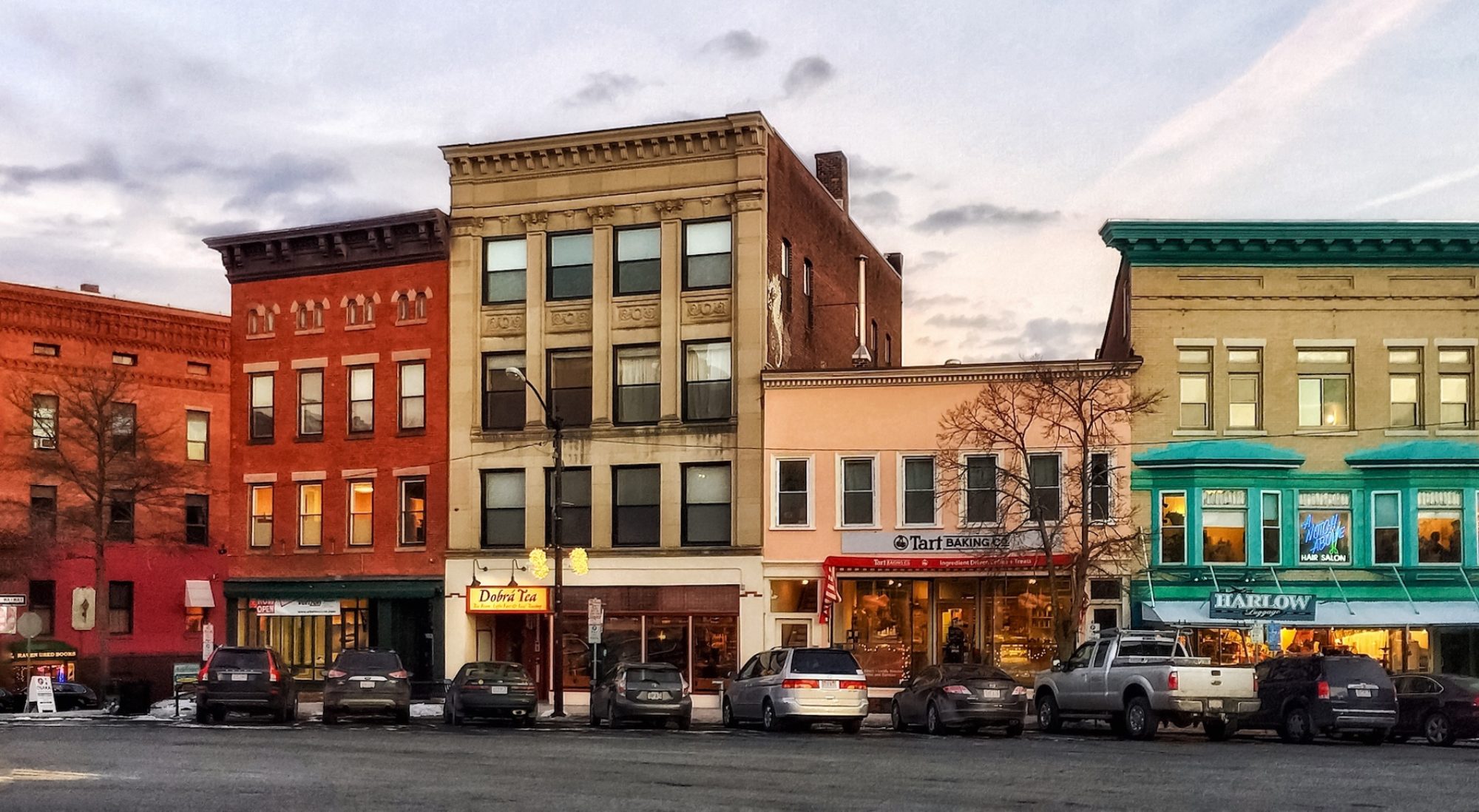The March 3rd property tax override is part of Northampton’s longstanding fiscal strategy to ensure our city remains a great place to live.
- In 2013, at a special election with record turnout, Northampton voted for a $2.5 million override.
- We did so after Mayor David Narkewicz informed voters that the override was designed to last four years, at which point the budget would again face a revenue shortfall.
- Structural deficits are inevitable. Without overrides, our property tax increases are capped by state law at 2.5% per year. But our costs for everything — from health insurance to wages to asphalt — routinely grow faster than 2.5% per year.
- And for years, aid from state government, which is our second largest source of revenue, has also remained flat, further making it impossible to keep up with costs.
- The only way for Northampton to maintain services and invest in the future is through periodic voter-approved property tax overrides.
- Thanks in part to exceptional fiscal management by our city, including taking advantage of the hotels-meals tax and marijuana tax options, we have been able to earn a triple-A bond rating and extend the last override for seven fiscal years.
- This year, the inevitable revenue shortfall has arrived, requiring Northampton to approve an override if we are to stay on track.
A YES vote keeps our schools vibrant, our streets safe and our infrastructure strong.
- Northampton has clearly benefited from the fiscal stability provided by the 2013 override.
- Road resurfacing projects have tripled over the last seven fiscal years.
- Northampton Senior Services has expanded transportation, nutrition and fitness programming.
- 53 licensed staff positions have been added to our schools.
- Student-teacher ratios have declined from 13.4:1 to 11.3:1, one of the lowest in the region
- Schools also have had roofs replaced, parking lots repaved and air conditioning installed
- Forbes and Lilly libraries have increased their hours of operation.
- Public health initiatives on opioids and mosquito-borne diseases have been launched.
- Climate initiatives — including renewable energy use, bike sharing and green infrastructure — have been launched
- 1000 new shade trees have been planted
A NO vote steers Northampton off-course, into a new era of fiscal austerity .
- The projected revenue shortfall for Fiscal Year 2021 is about $1.1 million, and for Fiscal Year 2022, $2.3 million.
- The Northampton public school budget for Fiscal Year 2021 would likely be cut by approximately $600,000, and the public safety budget by approximately $300,000. Teacher and police staff cuts would be unavoidable.
- More information about how the budget would be impacted by a defeat of the override can be found here in the Mayor’s new slideshow review of the Fiscal Stability Plan.
